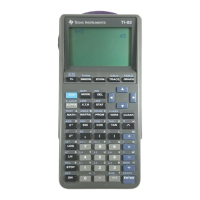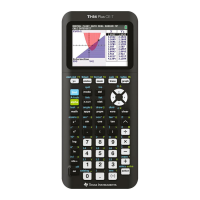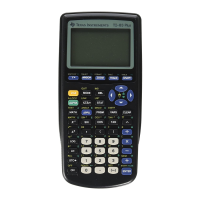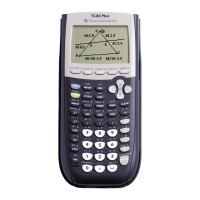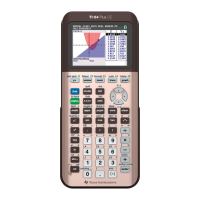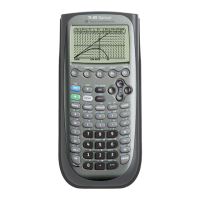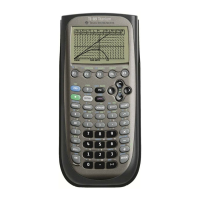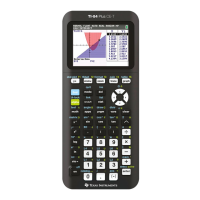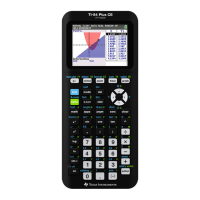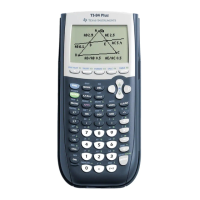Math, Angle, and Test Operations 2.15
82STAT~4.DOC TI-83 international English Bob Fedorisko Revised: 10/28/05 12:19 PM Printed: 10/28/05 12:20
PM Page 15 of 26
min( (minimum value) returns the smaller of valueA and valueB
or the smallest element in list. If listA and listB are compared,
min( returns a list of the smaller of each pair of elements. If list
and value are compared,
min( compares each element in list
with value.
max( (maximum value) returns the larger of valueA and valueB
or the largest element in list. If listA and listB are compared,
max( returns a list of the larger of each pair of elements. If list
and value are compared,
max( compares each element in list
with value.
min(valueA,valueB) max(valueA,valueB)
min(
list) max(list)
min(
listA,listB) max(listA,listB)
min(
list,value) max(list,value)
Note: min( and max( also are available on the LIST MATH menu.
lcm( returns the least common multiple of valueA and valueB,
both of which must be nonnegative integers. When listA and
listB are specified,
lcm( returns a list of the lcm of each pair of
elements. If list and value are specified,
lcm( finds the lcm of
each element in list and value.
gcd( returns the greatest common divisor of valueA and valueB,
both of which must be nonnegative integers. When listA and
listB are specified,
gcd( returns a list of the gcd of each pair of
elements. If list and value are specified,
gcd( finds the gcd of
each element in list and value.
lcm(valueA,valueB) gcd(valueA,valueB)
lcm(
listA,listB) gcd(listA,listB)
lcm(
list,value) gcd(list,value)
min(,
max(
lcm(,
gcd(
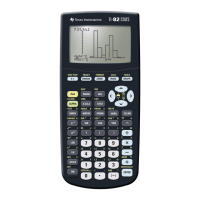
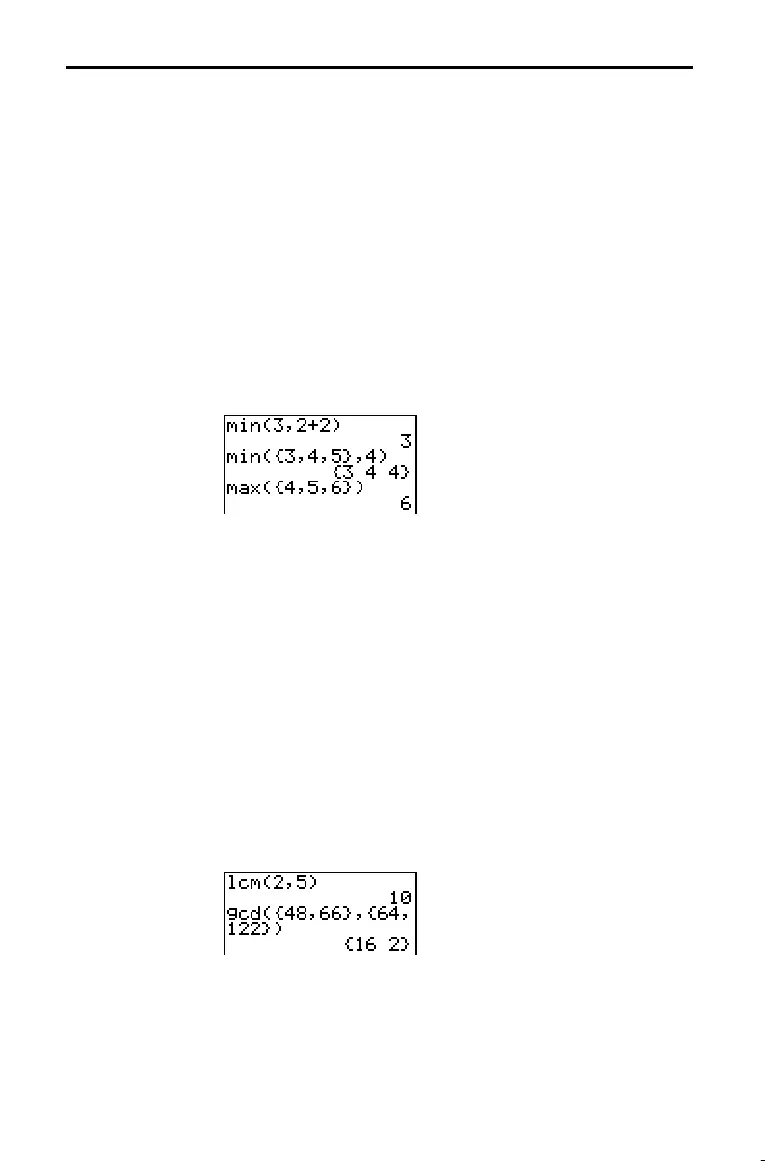